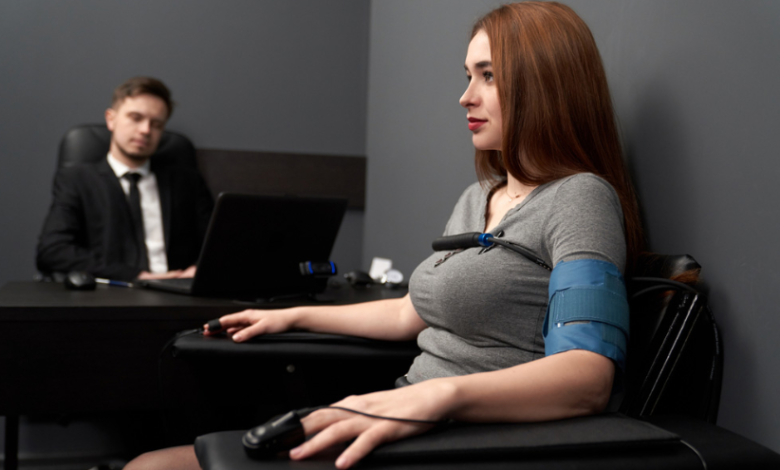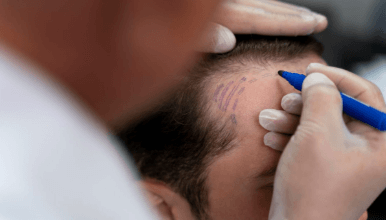Polygraph Testing in Minnesota: A Closer Look at the Science and Legal Landscape of Lie Detector Tests

Polygraph tests, commonly known as lie detector tests, have been a point of fascination and controversy for decades. Designed to detect deception by measuring physiological changes in the body, polygraphs are often used in law enforcement investigations, government job screenings, and occasionally in private employment. In Minnesota, as in many other states, the use of polygraph testing is governed by a mix of federal and state laws, which place strict limitations on when and how these tests can be used. Despite their frequent portrayal in movies and television as near-infallible truth-telling devices, the reality is much more nuanced. The scientific validity, legal admissibility, and ethical considerations surrounding polygraph use continue to fuel debate among experts, employers, and legal professionals. In Minnesota specifically, the landscape of polygraph testing is shaped by a cautious approach that balances investigative utility with the protection of individual rights.
How Polygraph Tests Work
A polygraph test functions by recording a person’s physiological responses—such as heart rate, blood pressure, respiration, and skin conductivity—while they answer a series of questions. The underlying theory is that deceptive answers cause measurable stress responses in the body, which can be identified by the examiner. The test typically consists of three phases: a pre-test interview to establish baseline responses and explain the process; the actual test, during which questions are asked and physiological responses are recorded; and the post-test phase, where results are analyzed. In Minnesota, polygraph examiners must be properly trained and certified, often following standards set by national organizations such as the American Polygraph Association. The interpretation of polygraph data is not as straightforward as it might seem, as emotional, psychological, and physical factors can all influence the test results. A truthful person who is anxious may appear deceptive, while a practiced liar might not show the expected signs of stress. This makes the examiner’s experience and the test conditions critical to the accuracy of the results.
Legal Use of Lie Detector Tests in Minnesota
The legal use of polygraph tests in Minnesota is subject to both federal and state restrictions. Under the federal Employee Polygraph Protection Act (EPPA), most private employers are prohibited from requiring or requesting employees or job applicants to take a lie detector test. There are some exceptions for jobs in security services or with companies involved in controlled substances. In Minnesota, state laws align closely with these federal guidelines, offering employees strong protections against mandatory polygraph testing. In the realm of law enforcement, however, polygraph tests are more commonly used. Police departments and investigative agencies may administer lie detector tests to suspects, witnesses, or potential hires, particularly for roles in public safety. Despite their frequent use during investigations, polygraph results are generally not admissible as evidence in Minnesota courts unless both parties in a legal case agree to allow them, which is rare. Courts have long been cautious about admitting polygraph evidence due to concerns about its reliability and the potential for misleading results.
See also: What to Expect From Your Veterinary Visit: Pet Health Tips
Debates on Reliability and Scientific Validity
One of the primary reasons polygraph results are not widely accepted in courtrooms is the ongoing debate over their scientific credibility. Advocates of polygraph testing argue that, when conducted properly by trained professionals, these tests can be accurate in identifying deceptive behavior. Some studies suggest polygraph accuracy rates of around 80 to 90 percent under ideal conditions. However, critics point out that polygraphs do not detect lies directly—they detect physiological stress, which may or may not be linked to deception. External factors such as nervousness, fear, or even certain medical conditions can skew the results. Additionally, individuals who are well-trained in countermeasures can potentially manipulate their responses. In Minnesota, the legal and psychological communities remain divided on the usefulness of polygraphs, emphasizing the need for corroborating evidence in any serious investigation. The general consensus is that polygraphs may provide helpful insights, but they should not be used as standalone proof of truth or guilt.
The Role of Polygraphs in Modern Minnesota Investigations
Despite the skepticism surrounding their reliability, polygraph tests still play a role in Minnesota’s law enforcement and employment screening processes. Many police departments use them during pre-employment background checks, particularly for positions that require high levels of trust and integrity, such as police officers, correctional officers, or other public safety roles. Some criminal investigations also include polygraph examinations as a tool to assess the credibility of suspects or witnesses, although the results are typically used internally rather than presented in court. As technology evolves, new methods of lie detection are being explored, including brainwave analysis and voice stress testing, but none have yet proven significantly more reliable or widely accepted than the traditional polygraph. Until more accurate alternatives are developed and validated, the polygraph remains a supplemental investigative tool—useful in some contexts but far from infallible.
Location in Minnesota
St Paul – 445 Minnesota St #1500, St Paul, MN 55101
In conclusion, the use of polygraph tests in Minnesota reflects a careful balance between investigative needs and individual rights. While lie detector tests can provide valuable information in certain situations, they are not foolproof and must be used responsibly. Legal restrictions, scientific doubts, and ethical considerations all shape how polygraph tests are administered and interpreted within the state. Whether in a police station or a job interview, individuals should be fully informed of their rights and the limitations of the test before agreeing to participate.



![What Patients Wish They Knew Before [1] Getting Eye Surgery](https://ivanaturfpmu.com/wp-content/uploads/2025/11/Screenshot-Capture-2025-11-07-05-53-55-390x220.png)

